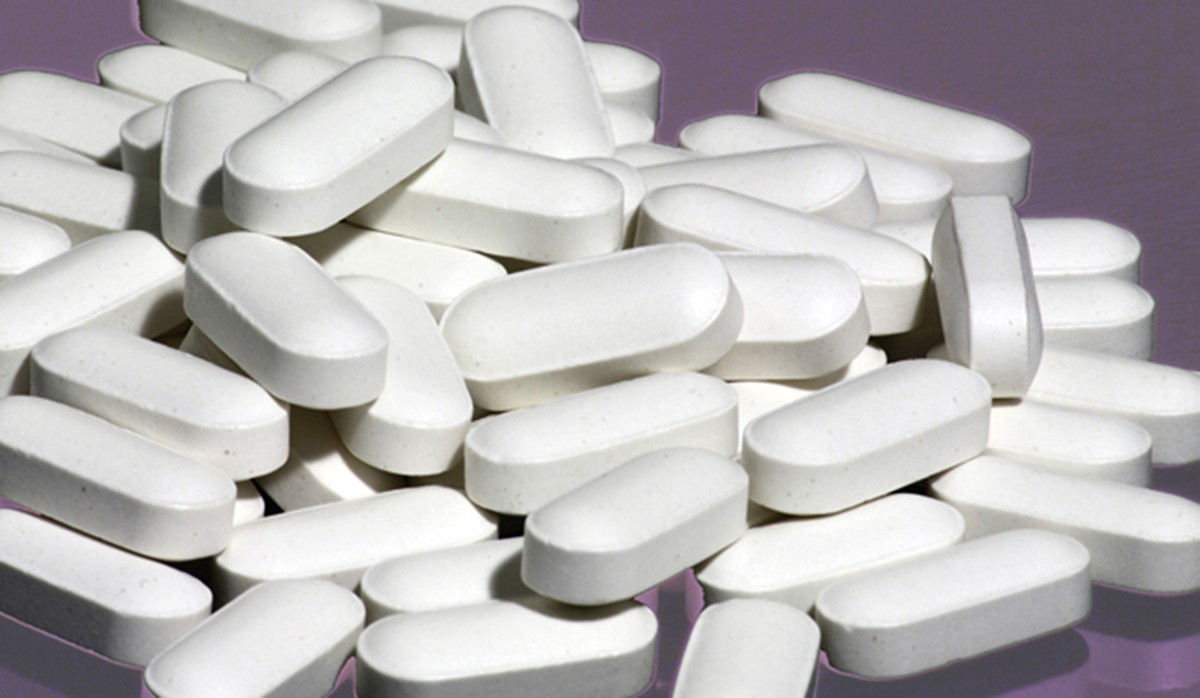Table of Contents
While it is universally agreed that calcium plays a vital role in terms of maximizing the strength and health of our bones, there is an ongoing debate in terms of how much calcium optimizes health and how much is in fact safe. Further, there is increasing scientific evidence that high calcium intake, whether in the diet or via supplements, does not lessen the risk of fractures or lower the risk of osteoporosis.
Evidence That Calcium Doesn’t Prevent Fracture Risks
Even though many clinical investigations have shown that calcium supplements effectively retard bone loss in adult women, there are numerous studies that contradict these findings. For example, a major 12-year study that looked at the association between dietary calcium, milk and bone fractures in women found that drinking more milk and consuming increased food containing calcium did not protect against forearm or hip fractures. The Harvard study led by professor of medicine Diane Feskanich involved 77,761 women (all nurses) aged 34 to 59 who had never taken calcium supplements.

A different, equally large Harvard study published the same year involved male health professionals. Researchers investigated the relationship between calcium intake (in both foods and supplements) by these adult men and hip and forearm fractures – and none was found. In other words, it made no difference whether they had taken calcium or not.
Dr. Feskanich and two colleagues did another study over 18 years that analyzed more than 72,000 postmenopausal women and their diets and use of nutritional supplements. The results published by the American Society for Clinical Nutrition in 2003 assessed milk consumption as well as calcium and vitamin D intake in relation to the risks of hip fracture. While vitamin D appeared to lower the risk, specifically of osteoporotic hips fractures, milk and calcium did not seem to reduce risk.
In 2007 Heike Bischoff-Ferrari from Harvard’s Department of Nutrition and others published an interesting meta-analysis of various cohort studies and clinical trials relating to calcium intake and the risks of hip fracture in both men and women. They concluded that in addition to the fact that there was no evidence to prove that calcium supplementation reduced the risk of hip fracture there could even be an increased risk of fracture, particularly if the calcium was taken without vitamin D.
READ Vitamin D - How Much Do We Need And How Do We Get It?
In response to the Heike Bishoff-Ferrari study report, Jeri W. Nieves and Robert Lindsay (from the Departments of Medicine and Epidemiology at Columbia University, New York and Clinical Research Center at Helen Hayes Hospital also in New York) commented that bone was “not just calcium” and that calcium doesn’t function in isolation. Their take was that not only are calcium and vitamin D essential for “significant reductions in nonvertebral fractures,” but there is a need for people to have a “well-rounded diet.” This should also include protein that will help prevent fractures and heal breaks when they happen, and fruit and veg for good overall health.
Continuing on her mission to focus on calcium, last year (2014) Dr. Feskanich and several Harvard colleagues published further research findings, this time relating to milk consumptions of teenagers and the later risk of hip fractures once they were older. Participants included women from the two 1997 Harvard studies (see above). Again they found that there was no association between teenagers drinking more milk and a lower risk of hip fracture later in life.
Dangers Of Too Much Calcium
An increasing number of research studies show that anyone who takes more than 1,000 to 1,200 mg of calcium every day (particularly in the form of supplements) has an increased risk of stroke and heart attack. What they have found is that if there isn’t enough vitamin D to help absorb the calcium, any excess will settle in the arteries and not in the bones. This can cause a range of abnormalities including mood disorders, muscle pain, kidney stones, abdominal pain, and can ultimately be a threat not only to the heart, but to the brain as well.
Medical professionals advise that anyone suffering from hypercalcemia, which causes excess calcium to form in the bloodstream, should definitely avoid calcium supplements.
One study published in the British Medical Journal in 2010 considered the effects of calcium supplements on cardiovascular events and the risk of myocardial infarction, and found that it was a definite risk. A total of 15 trials were randomized for the study, and cardiovascular outcomes were acquired from hospitals, death certificates, and self reports. In the light of these findings, senior research fellow, Mark J. Bollard and his team recommended that the role of calcium supplements in osteoporosis management should be reassessed.
A study undertaken by the German Research Center in Heidelberg two years later considered the same issue. Their finding was that increasing calcium in the diet might not be beneficial to the heart and that calcium supplements could increase the risks of myocardial infarction.
As with so many other medical issues, it seems that considerably more research is needed.
- www.hsph.harvard.edu/nutritionsource/calcium-full-story/
- www.ncbi.nlm.nih.gov/pmc/articles/PMC1380936/pdf/amjph00505-0106.pdf
- www.ncbi.nlm.nih.gov/pubmed/18065599
- www.bmj.com/content/341/bmj.c3691
- www.ncbi.nlm.nih.gov/pubmed/22626900
- www.ncbi.nlm.nih.gov/pubmed/19757413
- www.ncbi.nlm.nih.gov/books/NBK56058/
- www.niams.nih.gov/Health_Info/Bone/Bone_Health/Nutrition/
- ajcn.nutrition.org/content/77/2/504.full
- www.ncbi.nlm.nih.gov/books/NBK56058/
- health.clevelandclinic.org/2014/05/supplements-taking-many-can-hurt/
- www.mayoclinic.org/healthy-lifestyle/nutrition-and-healthy-eating/in-depth/calcium-supplements/art-20047097?pg=2
- Photograph of calcium-rich food © Penny Swift Photograph of calcium supplements courtesy of Wikipedia
- Important notification about information and brand names http://www.steadyhealth.com/polices/terms-of-use#copyright

